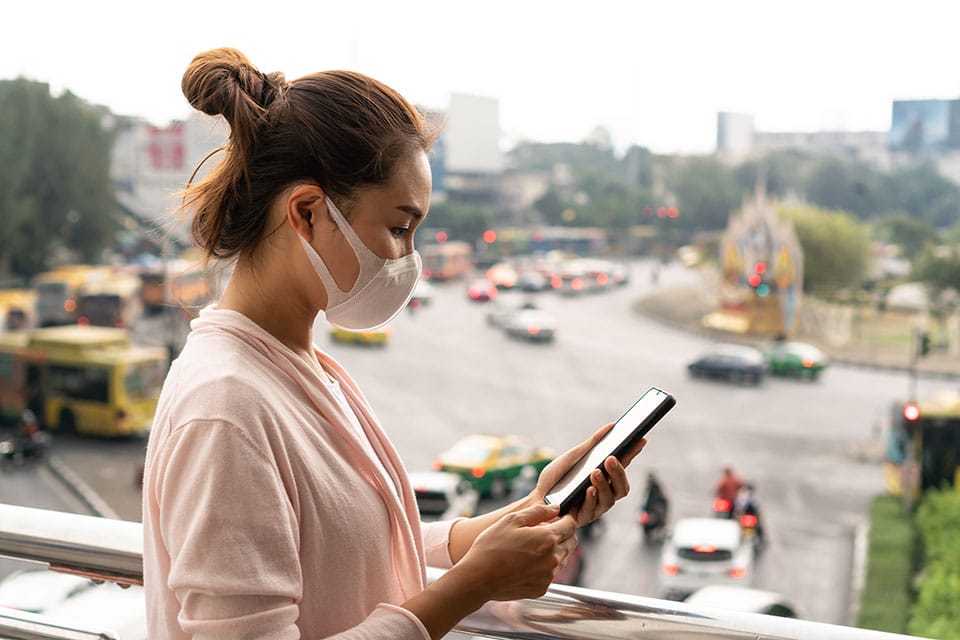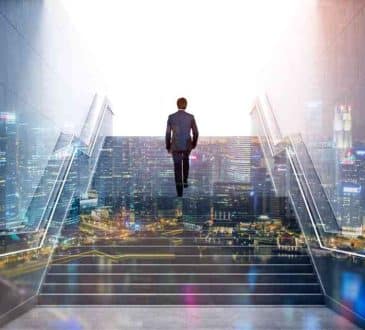Impact of COVID

When the world closed down last year, stringent preventive measures were taken to control the spread of the dangerous virus. While the governments and scientists worked in tandem to figure out a way to tackle this problem, everyone was asked to stay indoors and engage in social distancing. Everything around us was shut to limit human contact as much as possible.
Of the many places forced to close temporarily were schools and colleges. Of course, these are the places that involve massive crowding and socialization that are certainly the things to be avoided during the pandemic. Things were alright up until some point in time when the world – which was otherwise united in its efforts to isolate – realized the toll all of this had on mental health. Students, among many, found themselves bearing the brunt of the same.
The mental health of students during the pandemic became a matter of concern everywhere. Many countries have tried implementing interactive virtual classrooms for the time being to ensure that students remain connected with each other and to education. However, simulation of an actual social environment does little to alleviate the stressors one feels when not in the position to involve oneself beyond a certain threshold. Moreover, lack of socialization was not the only stressor that these students faced or are still facing; so many concerns emerged which were peculiar to the pandemic and ended up deteriorating their mental health.
In this small piece of article, I attempt to write down the various problems faced by students during the pandemic. Many countries are still facing the impact of the pandemic so are their students. So, let us take a look at these problems and their impact on students.
- Fear for health
One cannot take COVID-19 lightly. With its multiple variants only growing stronger, it has become a huge cause of concern for countries to contain them as rapidly as possible. Vaccination programs are underway everywhere in the world but fear remains. The recent Delta Variant – caused devastation in India and Nepal serves as a harbinger of bad news for those countries where the variant has begun to spread. The sheer number of lives lost in this period has created a strong fear among students for them and their dear ones’ health. Students are generally the younger part of the human population and are not as experienced in handling stressors as older people are. They are without jobs, and even if they are working, they cannot compensate for the massive loss of finances in healthcare most of the time. Unsurprisingly, this creates panic and anxiety among them. - Isolation
Socialization in colleges helps students to break through their shells and understand the world better. In a typical college setting, you can converse with and understand people in person. The more you interact with them, the more defined your social circle becomes. Socialization helps in strengthening one’s confidence and self-esteem; you get to talk to a range of people coming from a range of places, and this encourages adjustability, confidence, and knowledge. However, what pandemic has done is to minimize the possibilities of physical interaction and any interaction you may have is through virtual space. Virtual space is not an ideal place to form a society. The chance of meeting and befriending someone gets reduced when all you do is face the laptop screen all day long with no personal interactions and contact alongside. The pandemic has induced isolation, and students, especially freshmen, are finding it difficult to establish a society of their own. - Disruptions to sleeping patterns
A study conducted in the United States of America and reported in the Journal of Medical Internet Research last year showed that 168 out of 196 students surveyed reported disruptions to sleeping patterns. I don’t think it is rocket science to understand why such is the case. College life is institutional. There is a schedule to take care of: you wake up, dress up, eat your breakfast, get ready, and rush to your classroom for lectures. However, during the pandemic, all students were required to do was to log in to the web platform and attend lectures. This encourages, unfortunately, poor sleeping habits since much of the time spent ordinarily are cut down. Moreover, since everything has gone online, continuous exposure to computers and mobile phones impacts the sleeping cycle. Many reports conclude a causal-effect relationship between frequent exposure to screens and poor sleeping patterns. Naturally, poor sleeping patterns induce anxiety and exhaustion. - Concerns over academic performance
It is interesting to note that academic performance gets dramatically affected during long-term virtual learning. As of now, there are no fool-proof methods of e-assessment in existence, though rapid technological adjustments are being incorporated. Virtual classes are not as interactive as conventional classrooms, internet connectivity causes disruptions to the learning process, platforms conducting examinations are susceptible to miscalculations, and lack of incentives are some of the many reasons associated with poor academic performance. Poor academic performance inevitably leads to anxiety and depression; students get worried about their future as a result of which students throw themselves bare to peer pressure.
Add CEOWORLD magazine to your Google News feed.
Follow CEOWORLD magazine headlines on: Google News, LinkedIn, Twitter, and Facebook.
This report/news/ranking/statistics has been prepared only for general guidance on matters of interest and does not constitute professional advice. You should not act upon the information contained in this publication without obtaining specific professional advice. No representation or warranty (express or implied) is given as to the accuracy or completeness of the information contained in this publication, and, to the extent permitted by law, CEOWORLD magazine does not accept or assume any liability, responsibility or duty of care for any consequences of you or anyone else acting, or refraining to act, in reliance on the information contained in this publication or for any decision based on it.
Copyright 2024 The CEOWORLD magazine. All rights reserved. This material (and any extract from it) must not be copied, redistributed or placed on any website, without CEOWORLD magazine' prior written consent. For media queries, please contact: info@ceoworld.biz
SUBSCRIBE NEWSLETTER








